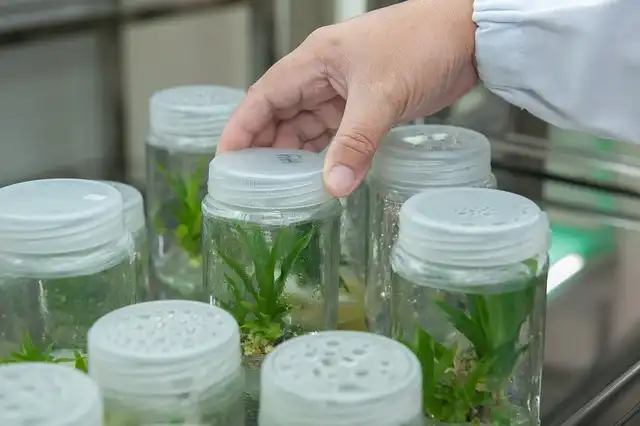
July 24, 2024 Ultrafine particles, UFPs, the smallest contributors to air pollution, hinder the function of mitochondria in human olfactory mucosa cells, a new study shows.
Mar. 6, 2024– The gastrointestinal tract stomach already known to researchers as a major storage significant for micro- mini nanoplastic particles (MNPs) in the human body. A research consortium has actually now examined the …
Computer system registry information suggest that regarding five percent of all adults in Sweden have oral implants– and potentially also titanium particles in the tissue bordering the implants. According to the researchers, there is no reason for problem, but extra knowledge is needed.
July 24, 2024– Ultrafine particles, UFPs, the smallest factors to air contamination, hinder the function of mitochondria in human olfactory mucosa cells, a new research shows. The study showed that traffic-related …
Nov. 14, 2023– Exposure to ultrafine particles from bits alters website traffic changes of many genes numerous genetics olfactory mucosa cells, a new study brand-newResearch study
“Titanium is a well-studied material that has actually been utilized for years. It is biocompatible and secure, but our findings show that we need to much better recognize what occurs to the micro-particles over time.
Titanium micro-particles in the dental mucosa around dental implants prevail. This is received a new research study from the College of Gothenburg, which additionally determined 14 genes that may be influenced by these particles.
Previous research has shown that titanium bits may happen in irritated cells around oral implants. The brand-new research study, published in Communications Medication, revealed that titanium micro-particles were regularly discovered at all checked out implants– also those without signs of inflammation.
Peri-implantitis is a microbial biofilm-associated inflammatory condition around oral implants, with functions similar to those of periodontitis around teeth. The inflammatory procedure is intricate and the resulting damage of supporting bone in peri-implantitis might cause loss of the dental implant.
“We observed that tissue examples with greater focus of titanium bits had an altered genetics expression, especially genetics connected to inflammation and injury healing. We determined 14 such genetics, however it is uncertain whether the particles influence the regional immune response or if the distinction in genetics expression reflects inter-individual irregularity in inflammatory conditions,” states Carlotta Dionigi, specialist in periodontology and researcher at the Department of Periodontology, Sahlgrenska Academy, University of Gothenburg. The scientists presume that titanium bits are launched during the medical installation treatment, when the screw-shaped implant is put right into the ready canal in the alveolar bone. In this context, the observation on distinctions in micro-particle thickness in between various dental implant systems is entitled to focus, given that the surface framework of the dental implant might affect the deposition of micro-particles. This is now a vital subject for ongoing research.
The scientists analyzed cells examples from 21 clients with several adjacent implants. Examples were taken both at healthy implants and at implants affected by peri-implantitis, an inflammatory disease in the tissue around the dental implant.”We observed that tissue samples with greater concentrations of titanium fragments had an altered genetics expression, specifically genetics connected to inflammation and wound healing. The researchers suspect that titanium bits are released throughout the surgical installation procedure, when the screw-shaped implant is inserted right into the ready canal in the alveolar bone. In this context, the monitoring on differences in micro-particle densities between different dental implant systems is entitled to attention, considering that the surface area framework of the implant might influence the deposition of micro-particles.
The scientists analyzed tissue samples from 21 individuals with several adjacent implants. Samples were taken both at healthy and balanced implants and at implants influenced by peri-implantitis, an inflammatory illness in the cells around the implant. Each client thus functioned as their own control. The density of fragments varied between individuals, however not in between sites with and without peri-implantitis within the exact same client. The analyses were performed in collaboration with Uppsala University, where scientists made use of an innovative technique called µ-PIXE to map the circulation of titanium bits in the tissue examples.
1 dental implants2 particles
3 Titanium
4 titanium particles
5 University of Gothenburg
« India, China, and the US will drive global diabetes burden by 2050, study findsEven under stress, male-female pairs had each other’s backs »
